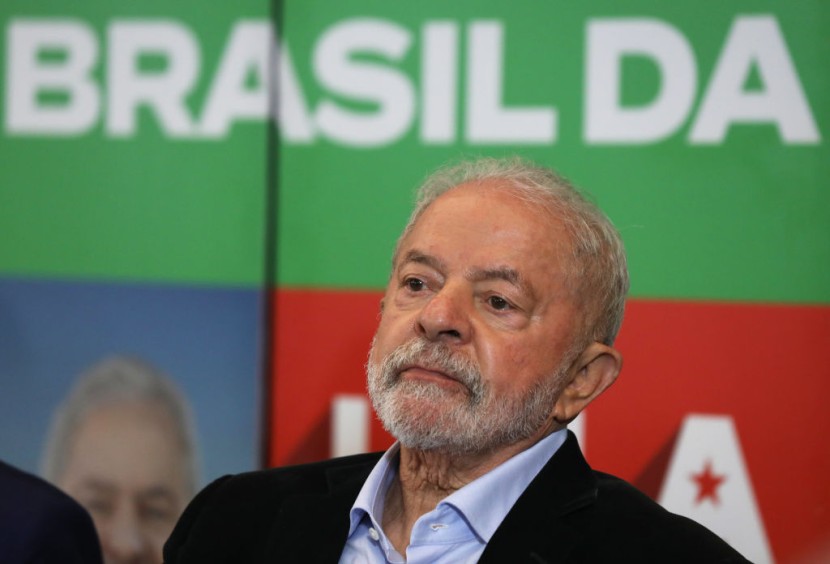
Former Brazilian President Luiz Inacio Lula da Silva widens his lead against his rival, President Jair Bolsonaro, in the country's contested presidential elections.
Despite Bolsonaro and his allies working tirelessly to transform the country's fast-growing evangelical churches into the bedrock of his political base, the campaign this year has highlighted the limits of that electoral strategy.
Brazil's Tense Presidential Elections
After the president won the evangelical vote two-to-one in 2018, many more evangelicals, most notably poorer women, are weighing their votes for Lula. The latter's legacy of generous social programs speaks tremendously to Brazil's less affluent evangelical voters.
The two politicians were running neck-and-neck among evangelical voters until just a few months ago, based on data from pollster Datafolha. This came despite Bolsonaro building up an advantage over Lula in the heat of the campaign as he struggled to break past 50% of the evangelical vote in recent surveys.
The Workers Party (PT), looking to bolster the "shy" Lula vote among evangelicals, is now partnering with leftist pastors, including Paulo Marcelo Schallenberger, whose sermons aim to counter the party's "demonization" in evangelical circles, as per Reuters.
In a statement, Schallenberger said that they received huge numbers of people in the church who were going to vote for Lula but did not admit it. Because if they did, they will be persecuted by their churches and cast away. Schallenberger reflected on his own experience of being ostracized by colleagues for his politics.
Many of Brazil's evangelical churches and their high-profile pastors are known to embrace Bolsonaro, who defends traditional family structures. The president has also vowed to fight abortion rights and casts rivals as communist "demons" in Cold War-style rhetoric.
According to the Miami Herald, Lula winning the presidency will result in the majority of Latin America being ruled by the left. A potential Lula win will make the region's seven biggest economies, Argentina, Brazil, Chile, Colombia, Mexico, Peru, and Venezuela, will be run by leftist and ultra-leftist leaders.
Lula's Lead Over Bolsonaro
Furthermore, several smaller economies, including Bolivia, Nicaragua, and Honduras, are also ruled by leftist or far-left presidents. The average results of recent polls show that Lula will be the victor in Sunday's election with at least 45% of the vote, followed by Bolsonaro who has 33%.
If none of the candidates receive 50% of the vote in the first-round election, poll results suggest that Lula will most likely be the winner in a runoff held on Oct. 30. On the other hand, President Bolsonaro is centering his campaign on Lula's conviction on corruption charges last 2017. The latter received a 12-year-sentence but served only 19 months when a federal judge ordered him to be released.
Brazil remains in a state of political tension in the advance of the upcoming vote and experts raised concerns over election-related violence should Bolsonaro refuse to accept his defeat.
In recent months, the former army captain has criticized the Supreme Court's leading justices, and alleged, without providing evidence, that the country's electronic voting system is vulnerable to widespread fraud, Aljazeera reported.
Related Article: Nord Stream Pipeline Leak: Russia Calls Sabotage Accusations 'Stupid,' New Videos Show Major Damage
© 2025 HNGN, All rights reserved. Do not reproduce without permission.




